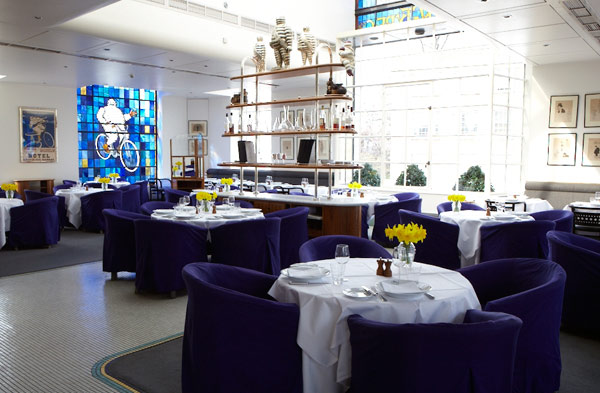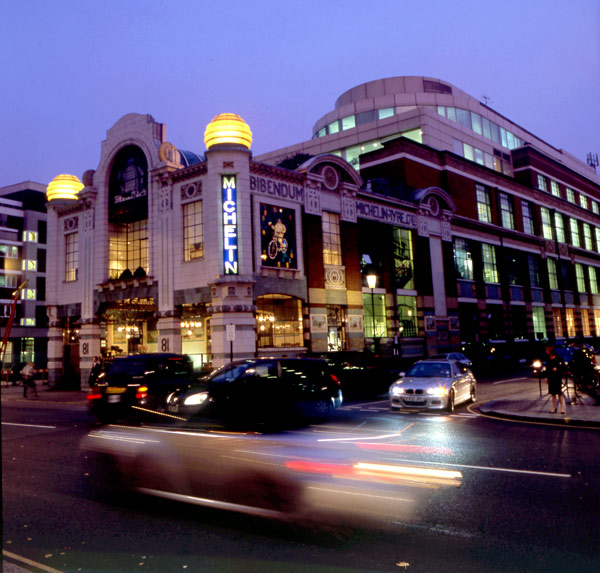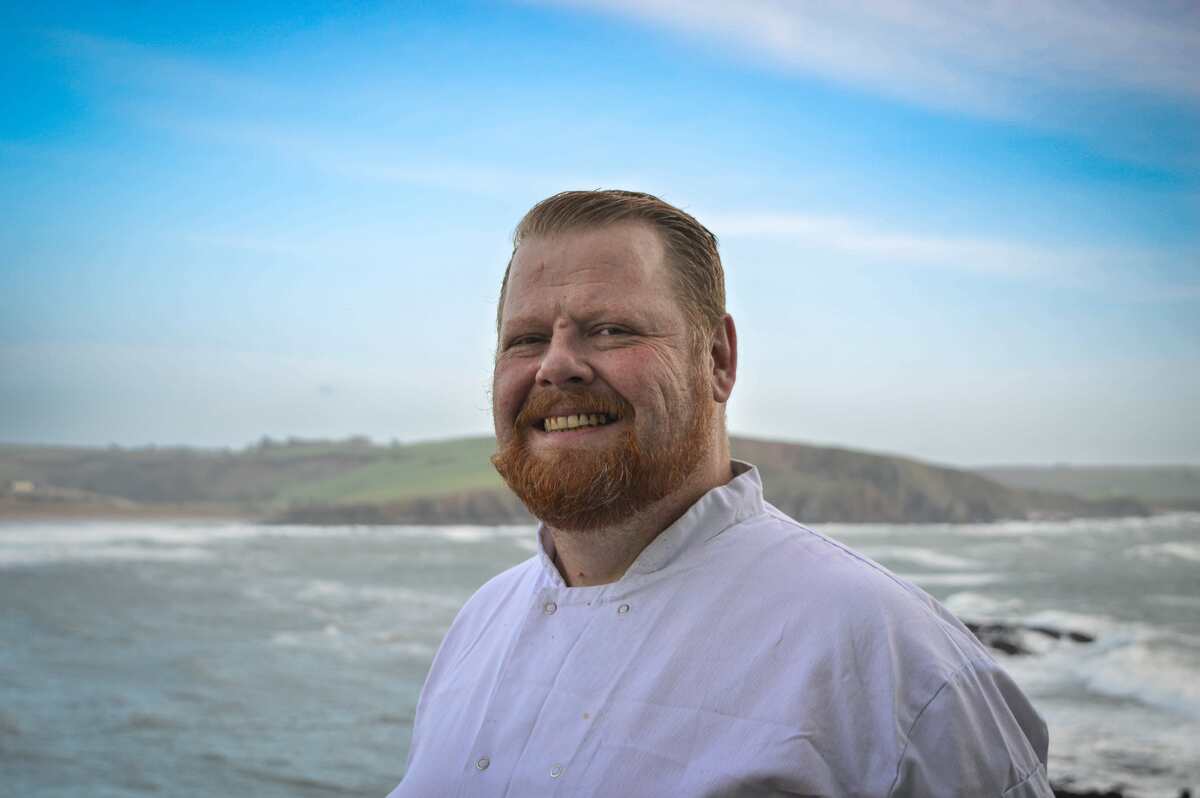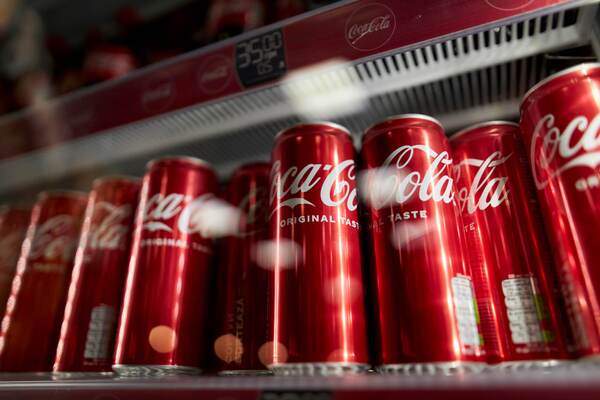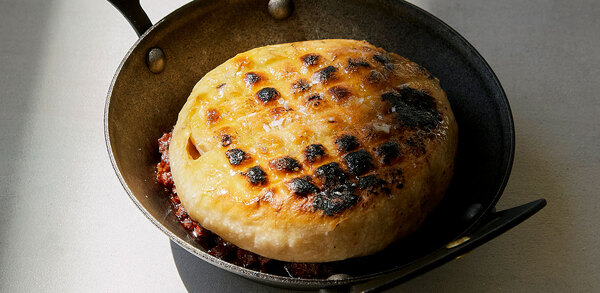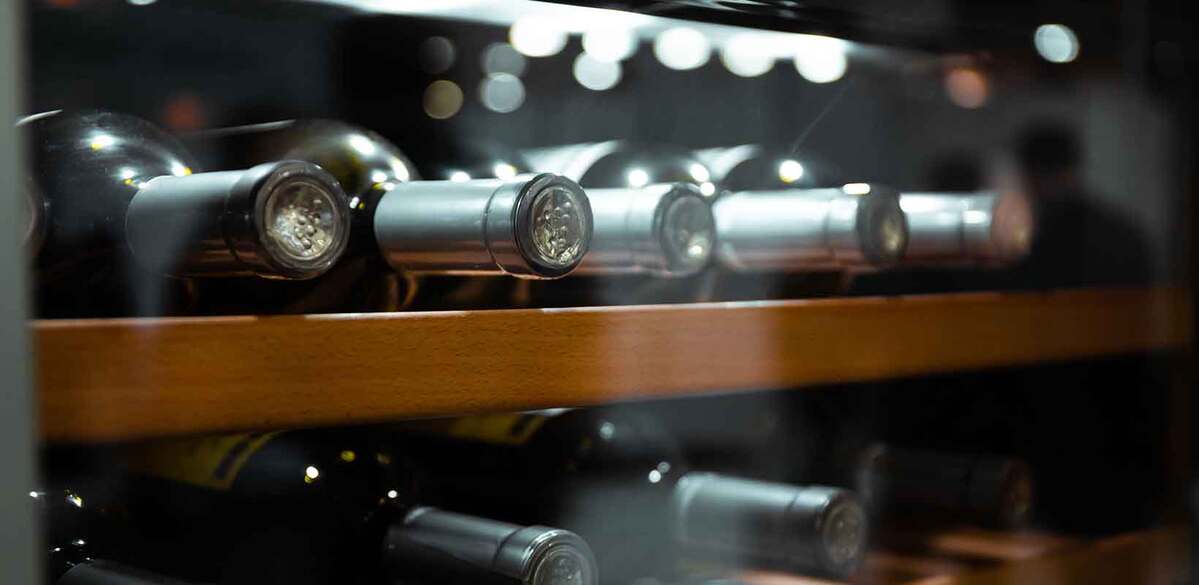The Caterer interview: Sir Terence Conran
The opening of Bibendum in 1987 was a watershed moment in modern London restaurant history. What were your intentions when you launched it? What were you setting out to achieve and bring to the London scene?
It was a watershed moment for me too and my first serious step on the gastronomic ladder. After we had acquired Michelin House [in Fulham Road], it seemed to me that whatever else we might do with the building, it simply had to have a first-class restaurant within it. I think we were also getting a sense that the tastes of Londoners were changing and that there was a great opportunity to do something special.
Our vision was to create something entirely new, placed somewhere between the relaxed atmosphere of a Parisian brasserie and the precise, elegant formality of somewhere like the Connaught. In terms of the food, I think Simon [Hopkinson, Bibendumâs first head chef] called it âgutsy French bourgeois brasserie cookingâ, which always made me smile. Iâd say we managed to pull it off successfully, not least because it is still going strong all these years later under the excellent Claude Bosi. Making a success of Bibendum was a huge turning point in my career and really gave me the confidence and belief to open more and more restaurants.
Youâve opened many restaurants in London in your career. What does it take to make and sustain a successful restaurant in London, unquestionably one of the worldâs most competitive dining cities?
Hard work, vision, creativity, perseverance, an impatient soul, pots of money, belief, excellent staff â" plus blood, sweat and tears. Honestly, I think running a successful restaurant is one of the hardest things I have ever done. Sustaining the success is on another level entirely!
You also need to be able to move with the times and to recognise trends while not becoming a slave to them. Bibendum endured for well over 25 years with its own personal sense of timelessness, but the time came when it did need a new lease of life breathing into it. Thankfully, along came Claude to do just that.
At the other end of the spectrum, look at Mezzo, which we opened in the mid 90s. It was one of the biggest [700 seats], most successful restaurants we ever did, but it was perfect for the spirit of that time and in that particular part of London. The restaurant has been through several incarnations since those halcyon days, although I donât think it has ever been so successful as when it first opened.
How has your approach to creating restaurants changed with Prescott & Conran in Shoreditch compared to those you launched in the 80s and 90s?
That period in the late 80s and early 90s was one of the most exhilarating periods of my life. I was bruised and battered from extricating myself from Storehouse [a retail conglomerate founded by Conran], but I had serious money to invest and a fierce desire to start a new and exciting chapter â" to start again and create something special. We were fearless, ambitious and tremendously impatient and always seemed to have at least three or four big restaurant projects on the go all at the same time. It was like an explosion and it became increasingly intense. It was one of the most exciting and creatively stimulating times in my life; it leaves me breathless to think about what we achieved.
By contrast, we now operate a smaller collection of restaurants that I love, and where I know everybody who works there. In many ways it is getting back to the simple pleasure I got from setting up restaurants in the early days. Itâs nearly 30 years on now and although I remain equally passionate and ambitious, I think my approach is less intense.
How has the London scene changed in the time you have been a restaurateur?
Perhaps most simply, weâve gone from being something of a culinary joke to being the absolute envy of the world. If you go back to my very earliest forays into the industry, when it would perhaps have been a stretch to call me a restaurateur, it was very difficult to eat out in London in any sort of style without spending tremendous amounts of money. There were a few grand dining rooms, such as Boulestin and Café de Paris, and at the other end of the scale were Joe Lyonsâ Corner Houses, pie and mash shops, and caffs â" but practically nothing in between.
In the time you have worked in the London restaurant scene, who else do you think has helped shape it the most?
The cast of characters who have shaped and continue to shape the restaurant scene is so long it is difficult to pick out individuals. Obviously as restaurateurs, perhaps the ones that stand out are Chris Corbin and Jeremy King. Fergus Henderson has had an absolute lifetime of influence and I adore him. Raymond Blanc, too. Looking at some of the chefs who have come through our kitchens is also pretty humbling â" Simon Hopkinson, Chris and Jeff Galvin, Jeremy Lee and
Matthew Harris to name far too few.
Donât underestimate how the media have helped push and promote the industry too. They may be the scourge of many a restaurateur, but the food critics have developed a creative art form all of their own that has generated a great deal of enthusiasm among the public for eating out. AA Gillâs writing in the Sunday Times was very special and every Londoner should thank Fay Maschler for her incredible 45 years at the Evening Standard.
Is London really a world food capital in terms of its restaurant scene?
London really does feel like the place to be at the moment â" for chefs, for restaurateurs and for the customer. It seems like everybody wants to eat out in a London restaurant and that is attracting some of the greatest industry talent in the world to set up here. The diversity of what is on offer in London is absolutely staggering; I donât think any other city in the world can compete with the sheer range of our offer. From super-high-end dining to cheap, casual street food, London is open and thriving for business 24 hours a day. There is a real momentum to the restaurant scene which is attracting young, creative and talented people to the industry.
I also think the customers themselves are helping to drive restaurants to higher and higher levels. Theyâre a real savvy, open-minded bunch in London â" and beyond â" and the appetite for quality food and drink in beautiful or interesting spaces is forcing restaurateurs to push the boundaries in often surprising ways.
Talking to several of my chefs about this, I think high praise also needs to be given to our world-class food and drink suppliers, who can get you pretty much whatever you want at any time of the day. Weâre also producing far better home-grown products than ever before too, and wowing customers with seriously good meats, cheeses, fish and vegetables, all grown or produced in the UK.
What do you think the future holds for the London restaurant scene? Can it retain its position as a world food capital in the face of challenges like Brexit?
Well, like anybody who takes top spot, youâll always get others wanting to knock you off that perch and claim your crown. I am very confident, though, that London will continue to be one of the best cities in the world to run restaurants successfully and remain a great place for locals and visitors to go out for a meal.
Hopefully, Londonâs best years remain ahead of us. I think they are.
The lunacy of Brexit remains a huge challenge for all of us, though, and perhaps the biggest worry of all is the prospect of a terrible shortage of staff, both in the kitchen and front of house. As an industry we need to influence government on the issue as London restaurants have a high dependence on staff from the EU. We have to ensure there is a relatively easy and uncomplicated way of being able to bring in talented workers from Europe and beyond. For a start, weâd be losing quality people to our direct rivals on the continent.
The hospitality industry is too important to the economy and way of life in Britain for government just to ignore the issue â" theyâre in cloud cuckoo land if they think London and the UK can continue to grow without staff from the EU. I am optimistic, though, that a solution will be found.
Videos from The Caterer archives



